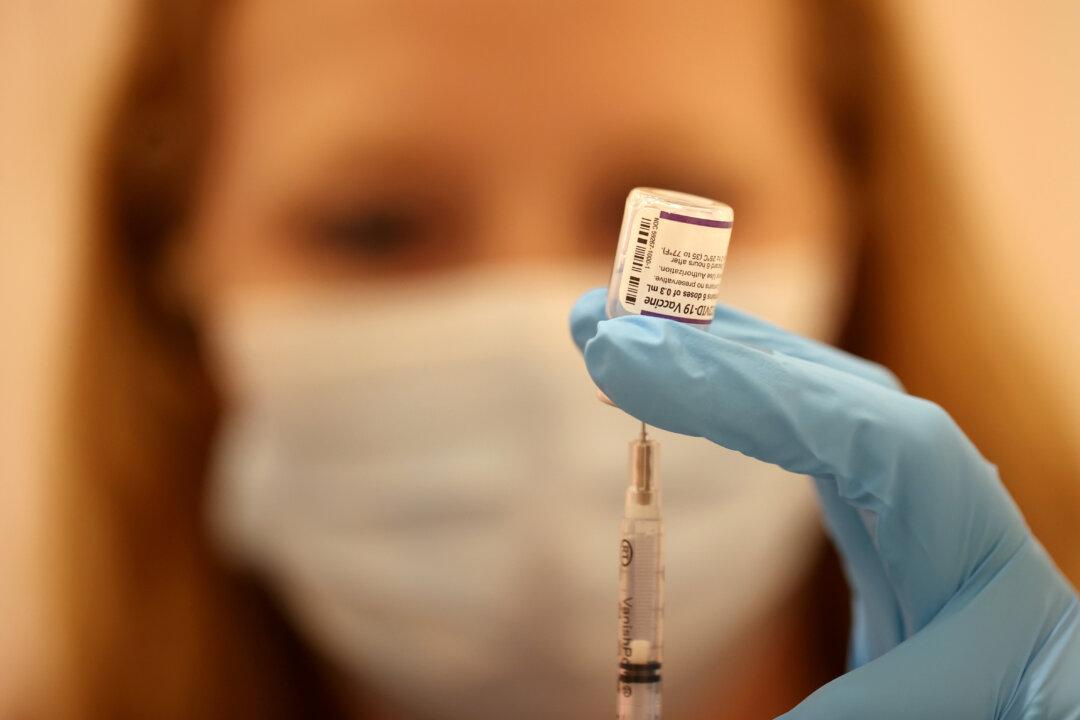Around one-in-five Canadians are hesitant to get a future COVID-19 booster shot, with nearly 60 percent of those reluctant saying they had concerns with the vaccine’s safety, according to in-house research by the Department of Health.
Respondents who were reluctant to get a COVID-19 booster dose cited concerns about the safety or potential side effects as their main reason for hesitancy (59 percent), according to the pollsters’ report titled “COVID-19 Tracking Survey And Focus Groups On Canadians’ Views 2022-23” dated March 2023.





